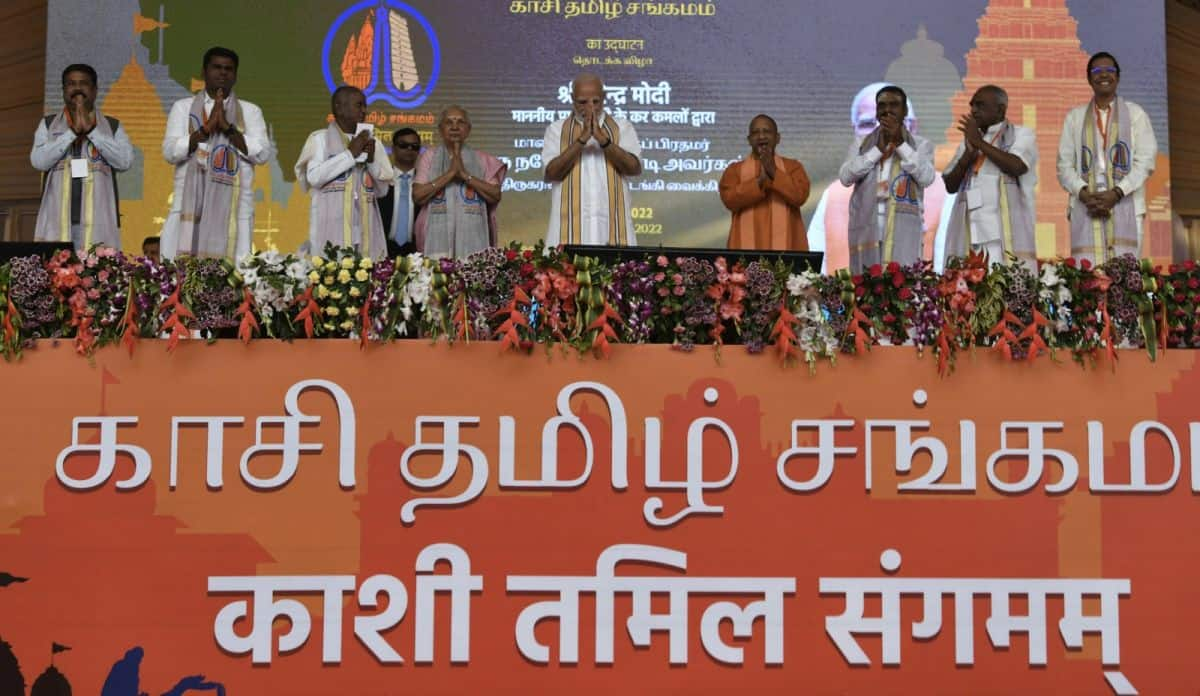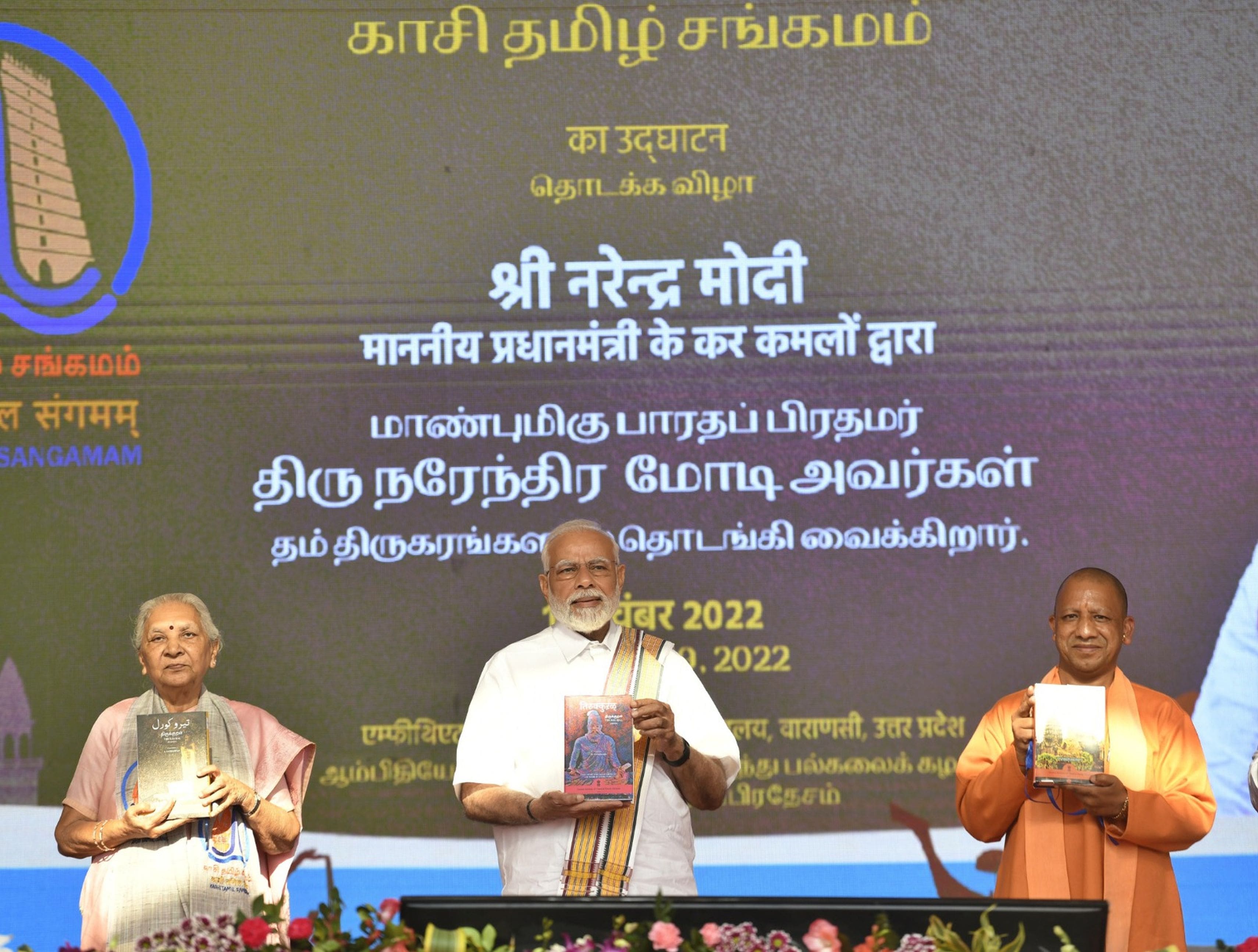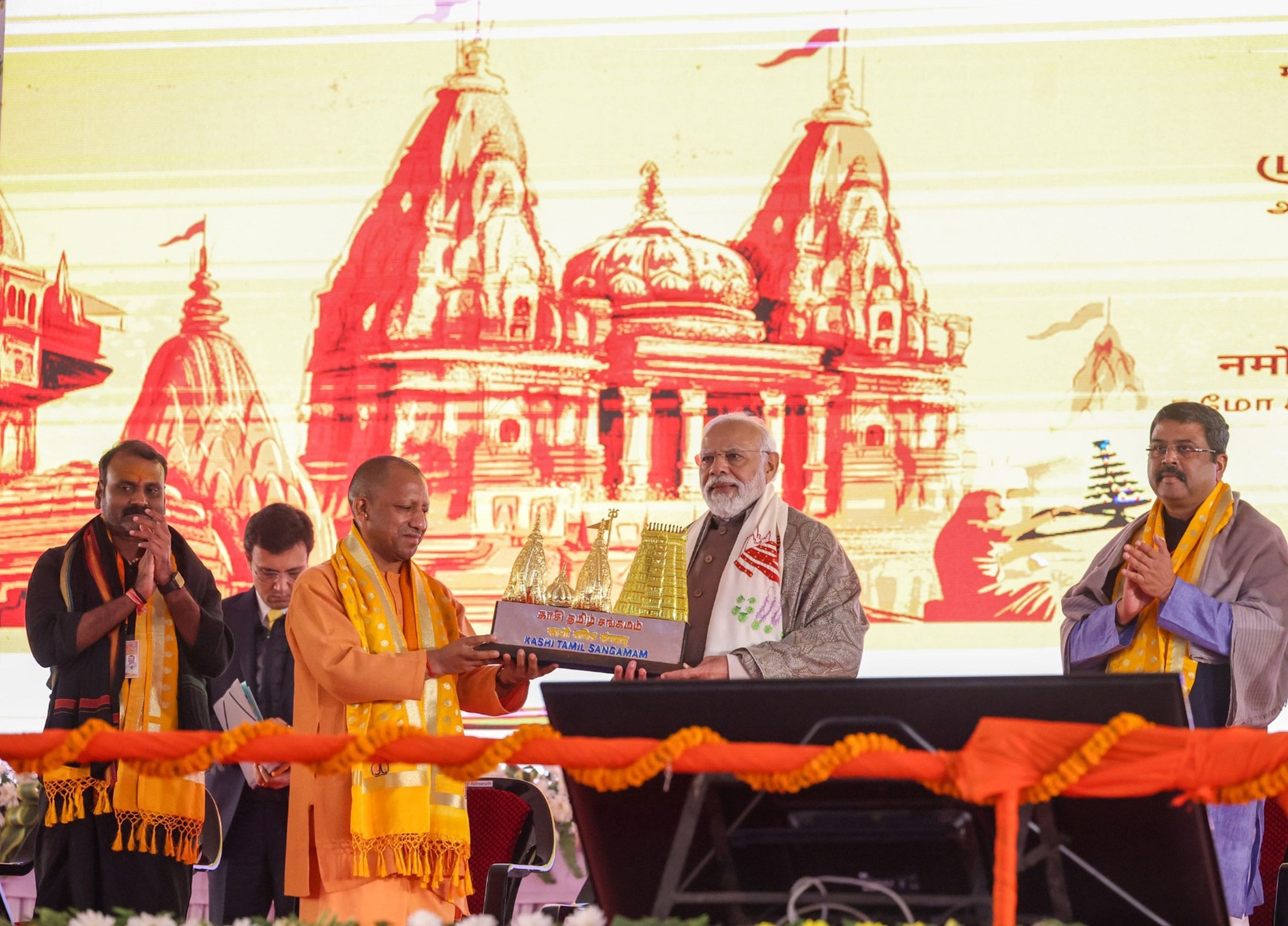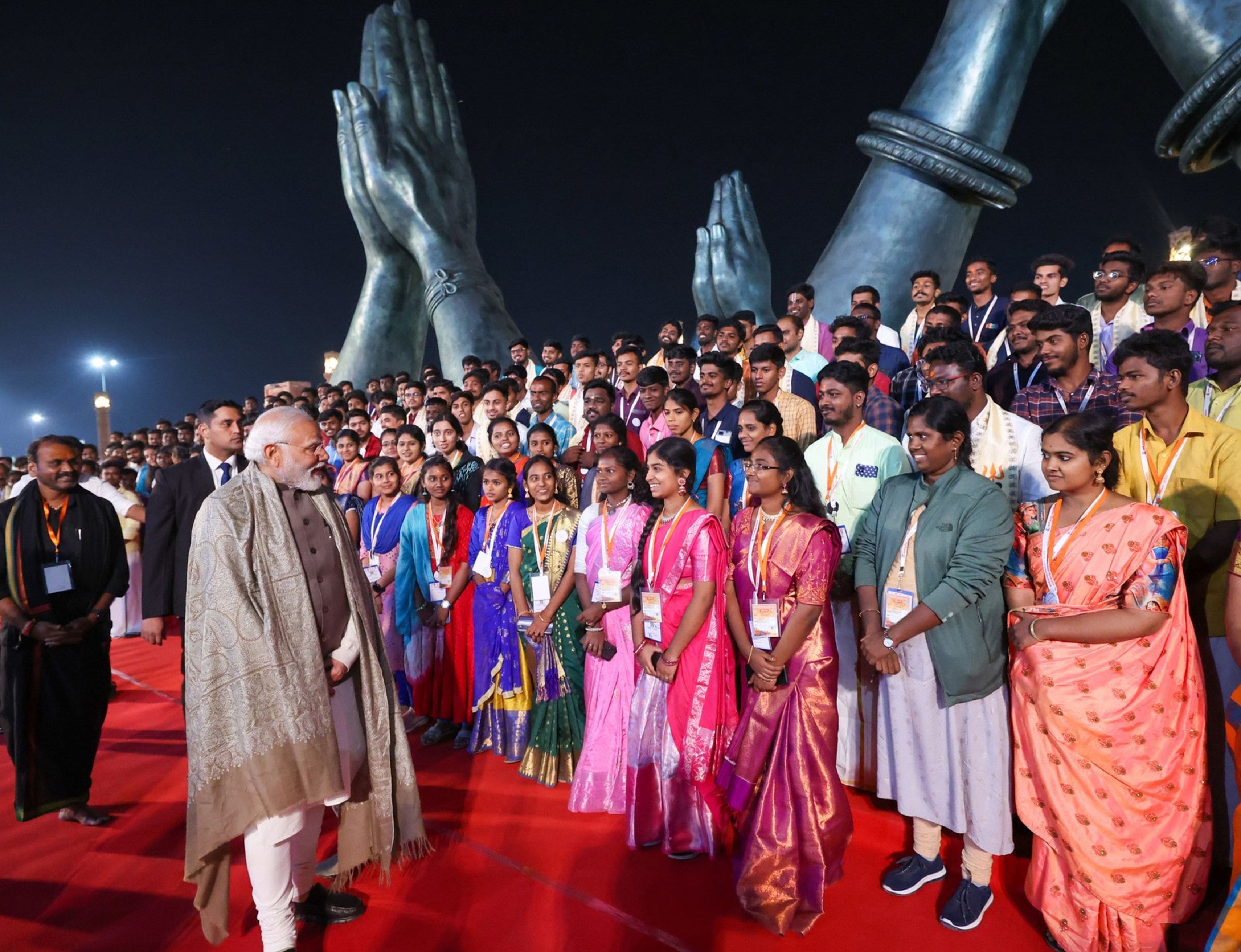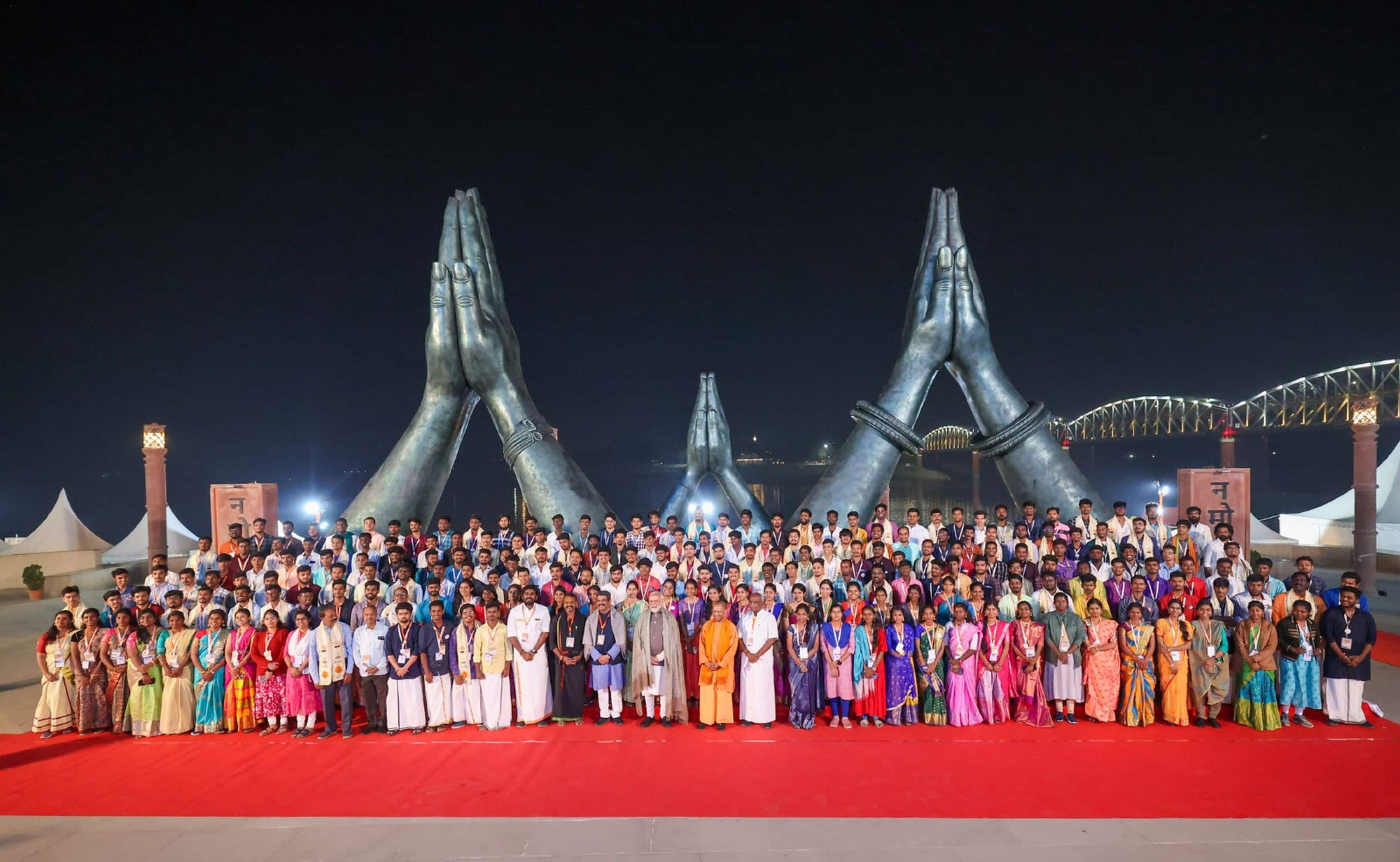The Covid-19 pandemic has come with whole new set of challenges to Governments across the world in terms of policy-making. India is no exception. Raising enough resources for public welfare while ensuring sustainability is proving to be one of the biggest challenges.
In this back-drop of financial crunch seen across the world, do you know that Indian states were able to borrow significantly more in 2020-21? It would perhaps pleasantly surprise you that states were able to raise an extra Rs 1.06 lakh crores in 2020-21. This significant increase in availability of resources was made possible by an approach of Centre-State bhagidari.
When we formulated our economic response to the Covid-19 pandemic, we wanted to ensure that our solutions do not follow a ‘one size fits all’ model. For a federal country of continental dimensions, finding policy instruments at the national level to promote reforms by State Governments is indeed challenging. But, we had faith in the robustness of our federal polity and we moved ahead in the spirit of Centre-State bhagidari.
In May 2020, as part of the Aatmanirbhar Bharat package, the Government of India announced that State Governments would be allowed enhanced borrowing for 2020-21. An extra 2% of GSDP was allowed, of which 1% was made conditional on the implementation of certain economic reforms. This nudge for reform is rare in Indian public finance. This was a nudge, incentivising the states to adopt progressive policies to avail additional funds. The results of this exercise are not only encouraging but also run contrary to the notion that there are limited takers for sound economic policies.
The four reforms to which additional borrowings were linked (with 0.25% of GDP tied to each one) had two characteristics. Firstly, each of the reforms was linked to improving the Ease of Living to the public and particularly the poor, the vulnerable, and the middle class. Secondly, they also promoted fiscal sustainability.
The first reform under the ‘One Nation One Ration Card’ policy required State Governments to ensure that all ration cards in the State under the National Food Security Act (NFSA) were seeded with the Aadhaar number of all family members and that all Fair Price Shops had Electronic Point of Sale devices. The main benefit from this is that migrant workers can draw their food ration from anywhere in the country. Apart from these benefits to citizens, there is the financial benefit from the elimination of bogus cards & duplicate members. 17 states completed this reform and were granted additional borrowings amounting to Rs. 37,600 crores.
The second reform, aimed at improving ease of doing business, required states to ensure that renewal of business-related licences under 7 Acts is made automatic, online and non-discretionary on mere payment of fees. Another requirement was implementation of a computerized random inspection system and prior notice of inspection to reduce harassment and corruption under a further 12 Acts. This reform (covering 19 laws) is of particular help to micro and small enterprises, who suffer the most from the burden of the ‘inspector raj'. It also promotes an improved investment climate, greater investment and faster growth. 20 states completed this reform and were allowed additional borrowing of Rs. 39,521 crores.
The 15th Finance Commission and several academics have emphasised the crucial importance of sound property taxation. The third reform required states to notify floor rates of property tax and of water & sewerage charges, in consonance with stamp duty guideline values for property transactions and current costs respectively, in urban areas. This would enable better quality of services to the urban poor and middle class, support better infrastructure and stimulate growth. Property tax is also progressive in its incidence and thus the poor in urban areas would benefit the most. This reform also benefits municipal staff who often face delay in payment of wages. 11 states completed these reforms and were granted additional borrowing of Rs. 15,957 crores.
The fourth reform was introduction of Direct Benefit Transfer (DBT) in lieu of free electricity supply to farmers. The requirement was for formulation of a state-wide scheme with actual implementation in one district on a pilot basis by year end. Additional borrowing of 0.15% of GSDP was linked to this. A component was also provided for reduction in technical & commercial losses and another for reducing the gap between revenues and costs (0.05% of GSDP for each). This improves the finances of distribution companies, promotes conservation of water and energy and improves service quality through better financial and technical performance. 13 states implemented at least one component, while 6 states implemented the DBT component. As a result, Rs. 13,201 crore of additional borrowings was permitted.
Overall, 23 states availed of additional borrowings of Rs. 1.06 lakh crores out of a potential of Rs. 2.14 lakh crores. As a result, the aggregate borrowing permission granted to states for 2020-21 (conditional and unconditional) was 4.5% of the initially estimated GSDP.
For a large nation with complex challenges as ours, this was a unique experience. We have often seen that for various reasons, schemes and reforms remain un-operational often for years. This was a pleasant departure from the past where the Centre & States came together to roll out public friendly reforms in a short span of time amidst the pandemic. This was made possible due to our approach of Sabka Saath, Sabka Vikas and Sabka Vishwas. Officials who have been working on these reforms suggest that without this incentive of additional funds, enactment of these policies would have taken years. India has seen a model of ‘reforms by stealth and compulsion’. This is a new model of ‘reforms by conviction and incentives’. I am thankful to all the states who took the lead in ushering in these policies amidst tough times for the betterment of their citizens. We shall continue working together for the rapid progress of 130 crore Indians.






